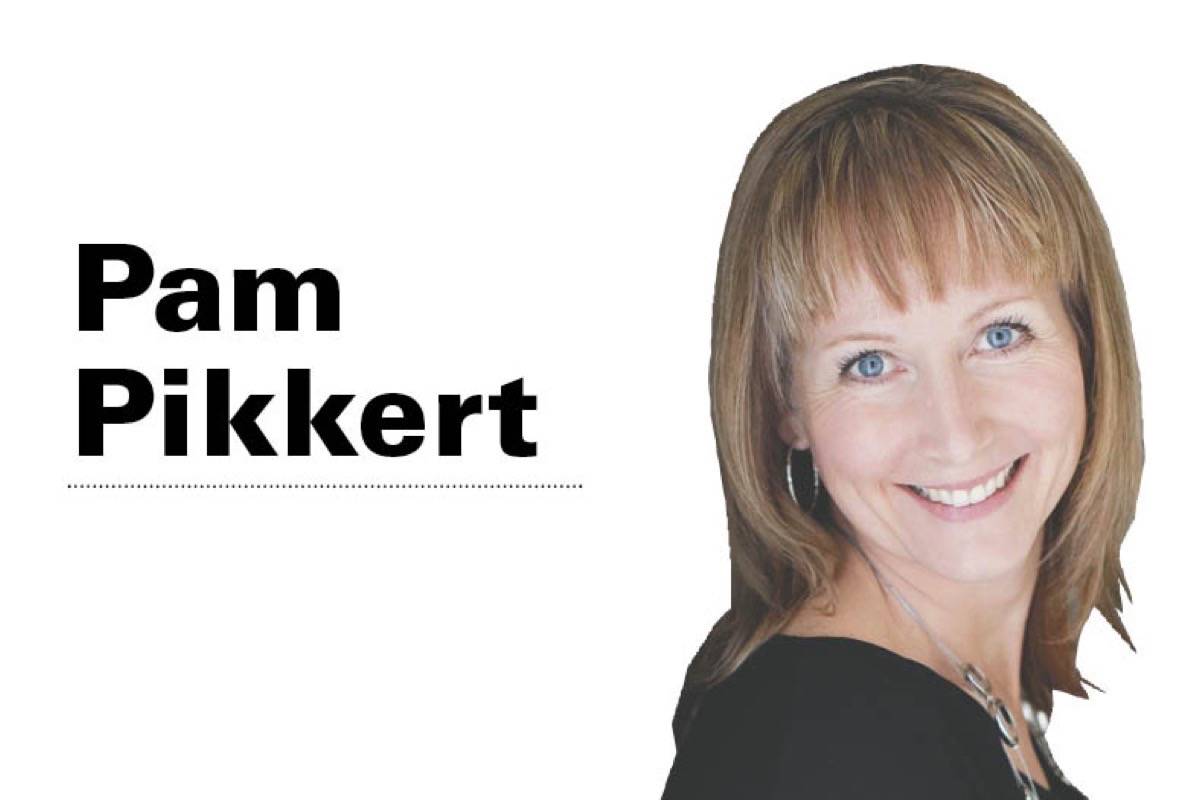This week in the mortgage basics series we will look at the types of insurances you will hear about during the mortgage process. Sometimes it is a good idea to revisit the basics when looking at a complex thing like a mortgage. There can be misunderstandings which crop up. The mortgage process can be very stressful as you wait for some anonymous entity top decide whether or not you are able to buy the home of your dreams. It is no wonder that things can get missed. Fear not! We will take a look at some of the basics so you can avoid things best avoided.
1. Mortgage default insurance – there are three mortgage default insurance providers in Canada. CMHC, Genworth and Canada Guaranty. If you are purchasing a home with less than 20% down you will have to be approved by both the lender and the default insurance provider for the loan. They are looking at your credit, employment stability and the property itself to make their decision. If you default on the mortgage, the bank or mortgage provider is made whole on any shortfall. The cost is a set amount based on how much you are putting down and will be added to your mortgage so you do not have to worry that you need to come up with extra funds for it. As of today based on a standard borrower the premiums are shown in the following table though it is an important note that the premiums are higher in certain cases.
LTV Ratio Premium Rate:
Up to 65% 0.60%
65.01% – 75% 1.70%
75.01% – 80% 2.40%
80.01% – 85% 2.80%
85.01% – 90% 3.10%
90.01% – 95% 4.00%
2. Title insurance – this is required on most mortgages these days. The cost is around $250 and will be collected from you at the lawyer’s office. Title insurance is often used instead of a Real Property Report as it is quicker and less expensive. If for example the garage on your new home had been constructed offside of where it should be, it is the responsibility of the title insurance to make it right. This could happen by getting the city to allow it or in the worst case, to cover the cost to move the garage.
3. Home insurance – You have a legal responsibility to make sure you have property insurance. This protects you against things like fire, flood or theft. You will be required to provide verification of the insurance when you meet with the lawyer. You will probably want to do a bit of research before choosing your company. Not all insurance policies are equal and a truly awful time to find that out is after a horrible event.
4. Life insurance – You will be offered life and disability insurance with your mortgage. Most of us assume that we have sufficient coverage through work but the protection of your family and their home should be given serious consideration. You are not obligated to accept the insurance provided to you but please factor the cost of sufficient coverage into your budget when you are thinking of buying your home. A few things to consider:
– The younger you are when you get insurance the cheaper it is.
– If you leave your current employer or get laid off and have developed a health concern it can be problematic to find affordable if any coverage.
– If you choose the insurance from the mortgage lender or bank you may find yourself tied to them indefinitely if you experience a change in your health. This could mean higher rates at renewal.
– Disability is the number one reason for foreclosure in Cana which goes to show that it can and does happen too many of us.
And there you have the four types of insurance which will be discussed around your mortgage.
Pam Pikkert is a mortgage broker with Dominion Lending Centres – Regional Mortgage Group in Red Deer.



